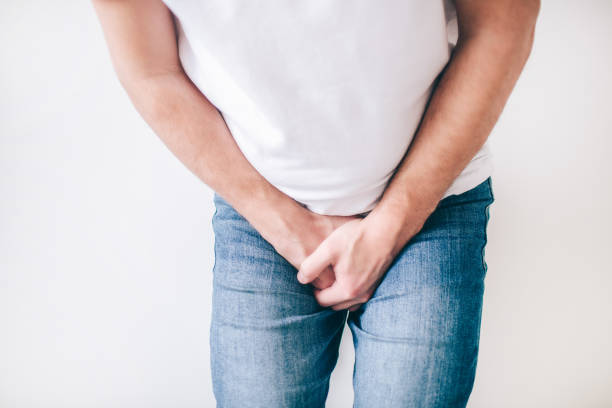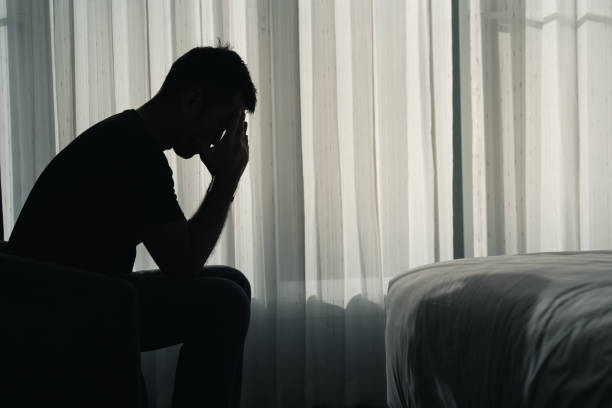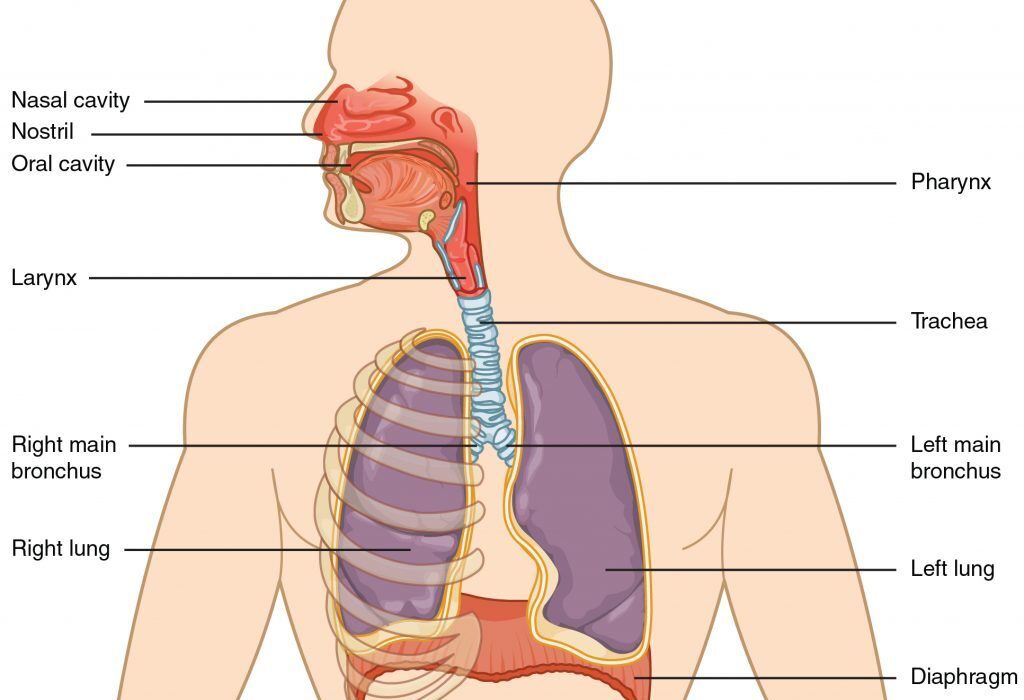The prostate is a small gland with a big responsibility. About the size of a walnut, it sits quietly beneath the bladder and in front of the rectum, wrapping itself around the urethra—the tube through which urine and semen leave the body. Though small in size, the prostate plays a crucial role in male reproductive health. Its primary function is to produce seminal fluid, the nourishing liquid that protects and transports sperm during ejaculation.
For much of a man’s life, the prostate goes unnoticed, silently performing its duty. But as men age, this little gland often demands attention. It can enlarge, become inflamed, or even develop cancerous cells. These changes can bring not only physical discomfort but also emotional and psychological challenges, touching on masculinity, sexuality, and overall quality of life.
Prostate health, therefore, is not a subject to ignore until problems arise—it is a lifelong commitment. Prevention, awareness, and proactive care can make the difference between silent suffering and thriving vitality.
Why Prostate Health Matters
The prostate may seem like a minor player in the grand design of the human body, but its health—or lack thereof—can influence far more than reproduction. When the prostate enlarges, it can squeeze the urethra, making urination difficult. When infected, it can cause fever, pain, and fatigue. When cancer develops, it can spread silently before symptoms appear.
Prostate disease is incredibly common. Benign prostatic hyperplasia (BPH), or an enlarged prostate, affects nearly half of men over age 50. Prostatitis, or inflammation of the prostate, impacts men of all ages. Prostate cancer is the second most common cancer in men worldwide, and though many cases are treatable if caught early, it remains a leading cause of cancer-related deaths.
Beyond statistics, prostate health matters because it touches on a man’s sense of self. Issues with urination, sexual performance, or cancer fears often carry stigma and silence. This emotional burden can erode confidence, relationships, and mental well-being. Open conversations, education, and preventive care help dismantle this silence, empowering men to take charge of their health.
Common Prostate Problems
Benign Prostatic Hyperplasia (BPH)
BPH is not cancer—it is a noncancerous enlargement of the prostate. As men age, hormone changes cause the gland to grow, sometimes pressing against the urethra. Symptoms include frequent urination, weak urine flow, difficulty starting urination, and waking up multiple times at night to use the bathroom. While not life-threatening, BPH can significantly affect quality of life if untreated.
Prostatitis
Prostatitis refers to inflammation of the prostate, often caused by infection. It can strike men at any age, unlike BPH or prostate cancer, which are more common later in life. Symptoms can include pelvic pain, painful urination, flu-like symptoms, and sexual dysfunction. Prostatitis may be acute and severe or chronic and frustratingly persistent.
Prostate Cancer
Prostate cancer develops when abnormal cells grow uncontrollably in the prostate. Some cancers grow slowly and may never cause harm, while others are aggressive and spread quickly. Early stages usually cause no symptoms, which is why regular screening is vital. Later stages may lead to difficulty urinating, blood in semen or urine, bone pain, and unexplained weight loss.
Prostate cancer is highly treatable when detected early, with survival rates above 90%. The challenge lies in distinguishing aggressive cancers that require treatment from slow-growing ones that may never pose a threat. This is why screening and individualized care are essential.
Risk Factors That Shape Prostate Health
Some risk factors for prostate problems cannot be changed, while others are influenced by lifestyle. Understanding these factors empowers men to take preventive steps where possible.
- Age: The single greatest risk factor. Most prostate issues emerge after age 50.
- Genetics: Family history plays a major role. Men with a father or brother who had prostate cancer are at higher risk.
- Ethnicity: African American men face higher rates of prostate cancer and more aggressive forms of the disease.
- Diet and Lifestyle: High-fat diets, obesity, and sedentary habits increase risks. Conversely, healthy eating and exercise can lower them.
- Hormones: Testosterone and its derivative, dihydrotestosterone (DHT), influence prostate growth and function. Hormonal imbalances may fuel enlargement or cancer.
While no one can change their age or genes, lifestyle and preventive care can dramatically alter the trajectory of prostate health.
Nutrition and Prostate Health
Food is one of the most powerful tools for protecting the prostate. Scientific research has uncovered strong links between diet and prostate health.
The Power of Plants
Fruits, vegetables, whole grains, and legumes are rich in antioxidants, vitamins, and phytonutrients that reduce inflammation and protect cells from damage. Lycopene, found in tomatoes, is a particularly powerful antioxidant linked to lower prostate cancer risk. Cruciferous vegetables like broccoli and cauliflower contain compounds that support hormone balance and detoxification.
Healthy Fats
Not all fats are harmful. Omega-3 fatty acids, found in fatty fish like salmon and sardines, may help reduce inflammation and support prostate function. On the other hand, saturated fats and trans fats, common in red meat and processed foods, have been linked to higher prostate cancer risk.
Green Tea and Polyphenols
Green tea contains catechins—antioxidant compounds with potential anticancer properties. Regular consumption of green tea has been associated with reduced prostate cancer risk and improved urinary function.
Avoiding Excess
Excessive calcium supplementation, processed meats, and high-fat dairy may increase risk. Moderation and balance are key. The best dietary approach for prostate health is one that mirrors overall health: diverse, plant-forward, minimally processed, and nutrient-dense.
Physical Activity: Moving Toward Prostate Health
Exercise is medicine, not just for the heart and waistline but also for the prostate. Regular physical activity lowers inflammation, improves circulation, balances hormones, and strengthens immunity.
Men who exercise consistently show lower rates of BPH and prostate cancer, as well as improved recovery after treatment. Aerobic activities like walking, swimming, and cycling (with proper saddle support to avoid perineal pressure) help maintain healthy blood flow. Strength training enhances testosterone balance, while yoga and stretching support pelvic health and stress management.
Even modest amounts of activity—30 minutes of brisk walking most days—can yield measurable benefits for the prostate.
The Role of Sexual Health in Prostate Function
Sexual activity influences prostate health in surprising ways. Some studies suggest that frequent ejaculation—through intercourse or masturbation—may reduce prostate cancer risk by clearing carcinogens and reducing inflammation in the gland.
A healthy sex life also supports hormonal balance and emotional well-being. However, erectile dysfunction or performance anxiety can complicate the picture, especially after prostate surgery or treatment. Open communication with partners and medical professionals helps address these challenges and maintain intimacy despite prostate issues.
Screening and Early Detection
Because prostate problems often develop silently, screening plays a vital role.
PSA Testing
The prostate-specific antigen (PSA) blood test measures a protein produced by the prostate. Elevated levels can indicate cancer, BPH, or prostatitis. While PSA testing has saved lives by detecting cancers early, it is not perfect—it can produce false positives or detect slow-growing cancers that may never cause harm.
Digital Rectal Exam (DRE)
In this simple exam, a doctor feels the prostate through the rectum to check for irregularities. Though uncomfortable, it is quick and can detect abnormalities missed by PSA tests.
Screening recommendations vary. Generally, men should discuss screening with their doctors starting around age 50—or earlier at age 40–45 if they have high-risk factors such as family history or African ancestry. Shared decision-making ensures that men understand both the benefits and limitations of screening.
Mental and Emotional Dimensions of Prostate Health
A diagnosis of prostate problems—whether BPH, prostatitis, or cancer—can take an emotional toll. Concerns about masculinity, sexual performance, or survival can trigger anxiety, depression, or withdrawal.
Mental health support is crucial. Talking openly with loved ones, joining support groups, and seeking counseling can provide comfort and perspective. Resilience, hope, and a positive mindset are not luxuries; they are vital tools for coping and healing.
Preventive Care: Building Lifelong Habits
The best approach to prostate health is preventive. Healthy lifestyle habits, regular check-ups, and informed decision-making create a shield against disease. Key elements include:
- Eating a balanced, plant-rich diet.
- Exercising regularly.
- Maintaining a healthy weight.
- Managing stress with techniques like meditation, breathing, or journaling.
- Staying sexually active in safe and fulfilling ways.
- Getting regular screenings appropriate for age and risk factors.
Prevention is not a one-time effort but a lifelong practice. Each choice—each meal, workout, or check-up—adds up over decades, shaping the story of a man’s prostate health.
Treatment and Care Options
When prostate issues do arise, modern medicine offers a wide range of treatments.
For BPH, options range from lifestyle adjustments and medications (to relax prostate muscles or shrink the gland) to minimally invasive surgeries.
Prostatitis is often treated with antibiotics if bacterial, along with anti-inflammatory therapies, pelvic floor exercises, or pain management strategies.
Prostate cancer treatment depends on the stage and aggressiveness of the disease. Approaches include active surveillance (monitoring slow-growing cancers), surgery, radiation therapy, hormone therapy, and newer targeted treatments. Each option carries unique benefits and side effects, requiring personalized decisions.
Advances in medicine continue to improve outcomes, with less invasive techniques, better side-effect management, and longer survival rates than ever before.
Prostate Health and Aging Gracefully
Aging is inevitable, but suffering is not. By nurturing the prostate with healthy choices, men can reduce risks and enjoy vitality well into later years. Aging gracefully with a healthy prostate means more than avoiding disease—it means preserving independence, intimacy, and quality of life.
Health is not about perfection but about resilience—the ability to recover, adapt, and thrive despite challenges. Even with a diagnosis, many men live long, fulfilling lives by embracing treatment, support, and proactive care.
Looking Ahead: The Future of Prostate Health
The future of prostate health is full of promise. Researchers are developing new blood and urine tests to detect aggressive cancers more accurately. Precision medicine, using genetic and molecular profiling, allows for highly personalized treatment plans. Immunotherapy and advanced imaging are revolutionizing cancer care.
At the same time, holistic and integrative approaches—combining nutrition, exercise, mental health, and medical care—are gaining recognition as essential parts of prevention and healing.
The future lies not just in technology but in empowerment: giving men the knowledge, tools, and confidence to take control of their prostate health.
A Lifelong Commitment to Wellness
Prostate health is not just about one gland—it is about the whole man. It reflects the interplay of body, mind, and environment. Caring for the prostate means caring for life itself: nourishing the body with wholesome food, staying active, nurturing relationships, and seeking help without shame or delay.
Every man has the power to shape his prostate health journey. It is not a passive fate but an active commitment, built one choice at a time. With awareness, prevention, and care, the prostate can remain a silent guardian, serving its role without interruption, while men live with strength, dignity, and joy.






